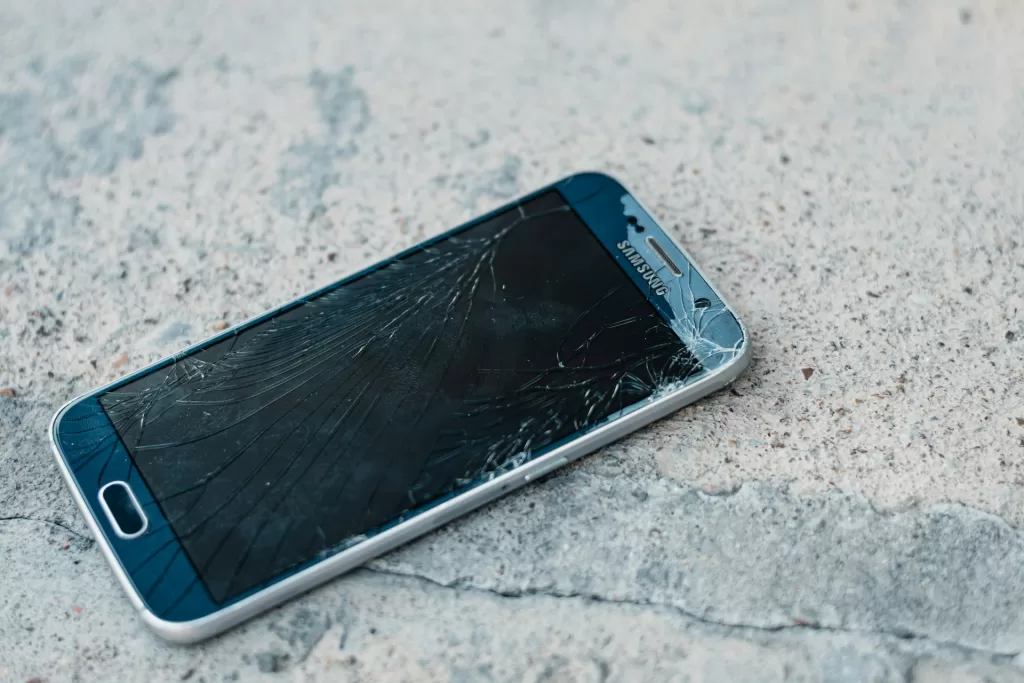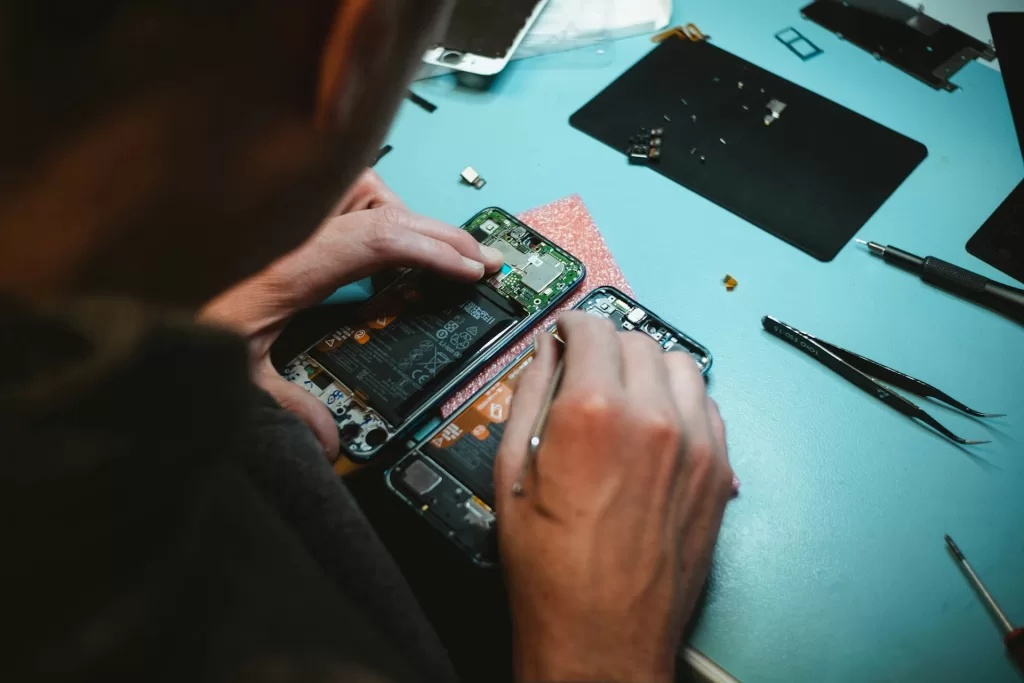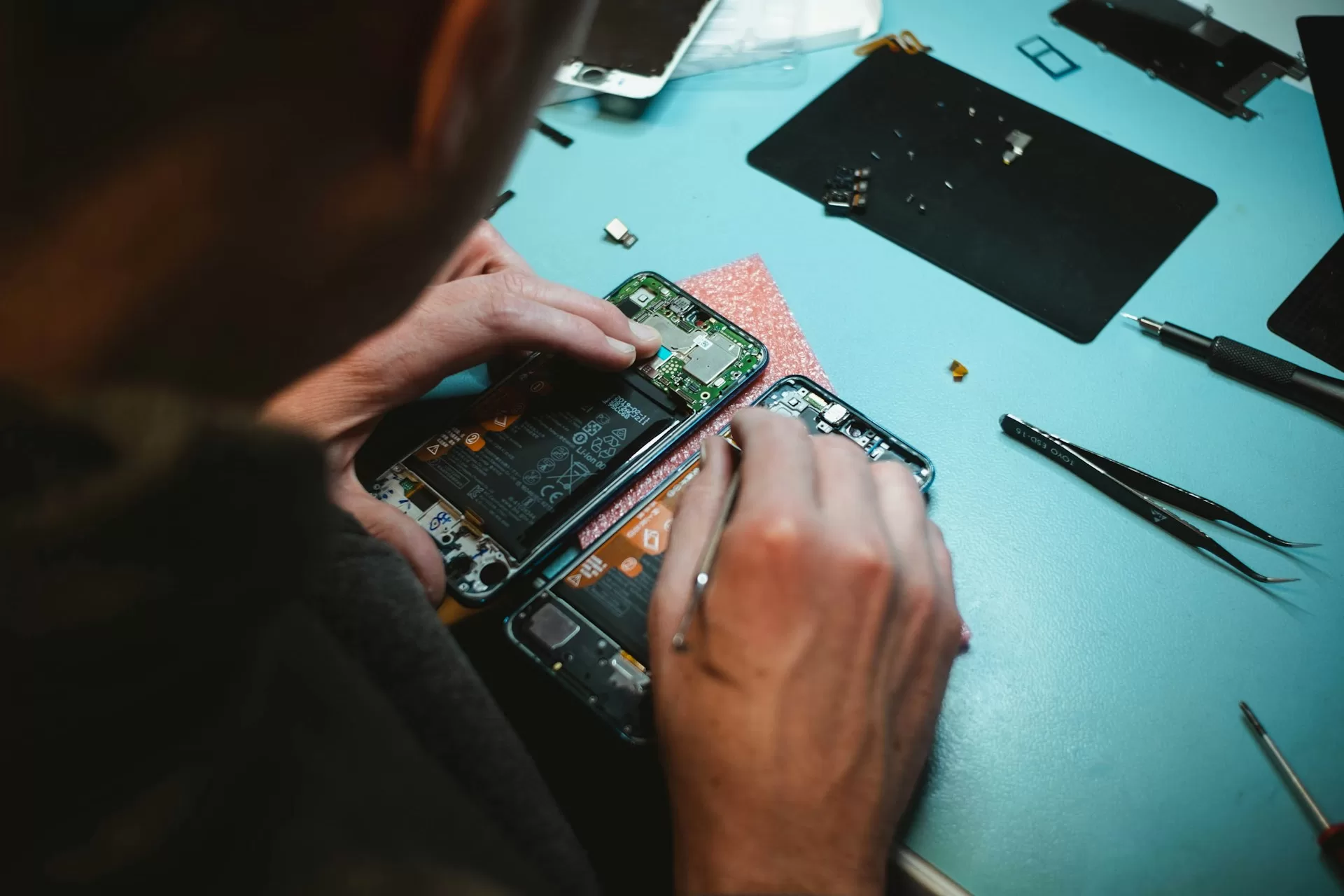The fight for consumer rights to repair their own electronics took a significant blow this month. Following a leaked contract revealing controversial practices, iFixit, a leading online repair resource and parts supplier, announced the termination of its collaboration with Samsung.

The controversy stems from a leaked Samsung repair contract which outlines some concerning stipulations for independent repair shops. According to the leaked document, Samsung allegedly requires these shops to:
- Share customer data: This includes names, contact information, and details of the repair itself. This data would be uploaded daily to a Samsung database.
- “Snitch” on customers using aftermarket parts: The contract reportedly requires shops to identify and report customers who choose to use non-Samsung repair parts.
- Disassemble phones with aftermarket parts: Independent repair shops would be obligated to dismantle any device found to have non-Samsung parts, essentially rendering it unusable.
These requirements raise serious privacy concerns and limit consumer choice when it comes to repairing their own devices.
In response to these revelations, iFixit announced the official termination of its partnership with Samsung. Their statement highlights the “unreasonable restrictions” and “lack of trust” that ultimately led to the decision. This move reflects iFixit’s commitment to advocating for consumer repair rights and ensuring access to the information and parts needed for independent repairs.

Samsung issued a statement acknowledging the partnership’s end but downplaying the leaked contract’s implications. They claim their data collection practices are for “security purposes” and emphasize their commitment to providing repair options.
However, the controversy reignites the debate around the “Right to Repair” movement. Consumers are increasingly demanding the freedom to choose how and where they get their devices fixed. Legislation aimed at ensuring access to repair manuals, parts, and diagnostic tools is gaining traction worldwide.
The situation between Samsung and iFixit serves as a stark reminder of the ongoing battle for consumer repair rights. While some manufacturers prioritize control and proprietary parts, movements like iFixit and the “Right to Repair” campaign advocate for user empowerment and environmental sustainability through independent repairs.






